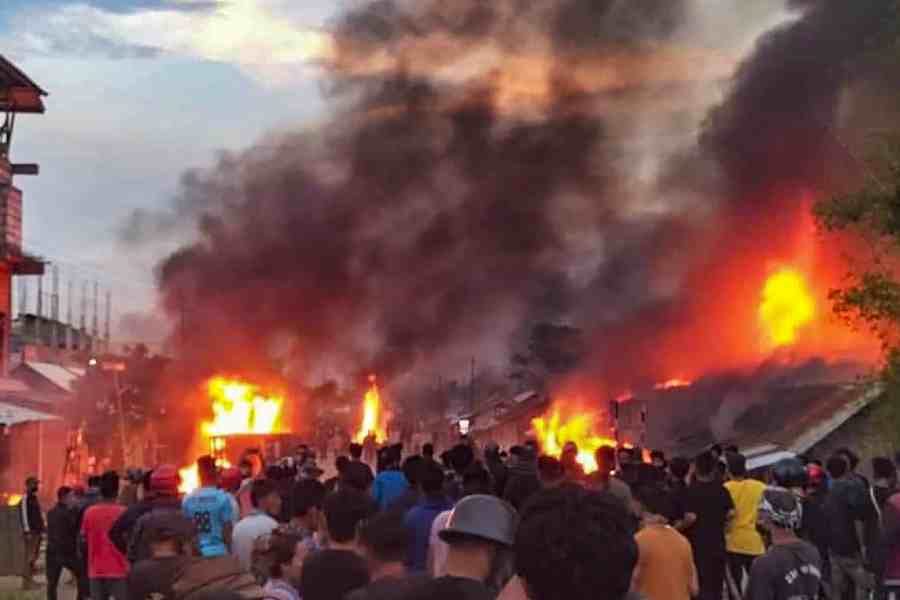Violence rarely erupts in a vacuum. The deadly mob attacks and arson that have engulfed Manipur in recent days, leading to the loss of lives, property and peace, are a reminder that India's rich diversity needs constant nurture and care. It is an endeavour in which the Indian State has failed, yet again. The immediate trigger for the violence is a move to grant scheduled tribe status to Manipur's majority Meitei community based on an order by the Manipur High Court. Members of the Naga and Kuki communities, who have ST status, organised a march last Wednesday that spiralled into clashes. Security forces have had to rescue thousands of people. A state legislator and former minister of the ruling Bharatiya Janata Party was brutally attacked. The chief minister, N. Biren Singh, a former football player, has adroitly tried to pass the blame on to the historic misunderstandings between the state's tribal communities and the Meitei people. Yet, he has himself also spoken of how people from multiple ethnic and cultural backgrounds have co-existed peacefully in Manipur for centuries. If that fabric has ruptured, the buck must stop with those in power. The prime minister, as usual busy with election duty, did not utter a word even as the violence spiralled; the Union home minister was caught napping too in spite of signs of rumbling.
To be sure, the immediate focus must be on restoring law and order. But far too often in India, governments stop there instead of actually working to heal wounds and address underlying social, economic and political factors that feed into the frustration and the alienation of people. Deep cuts are bandaged over, never medicated. In fact, political parties frequently fan these tensions among communities for narrow electoral gains. In this case, ST status for the Meitei community would mean more Manipuris battling among themselves for reservations in jobs and education. It does not help that the Bharatiya Janata Party government is perceived to be biased, rather than being equidistant from each of Manipur’s major ethnic groups. Its policies, such as the forest eviction drive, have disproportionately affected tribal communities. Manipur shares a sensitive border with Myanmar, populated by militant groups looking to build hideouts in Indian territory. Chaos and fissures hurt India. Those who fan divisive politics, in Manipur or elsewhere in the country, would do well to remember that.











